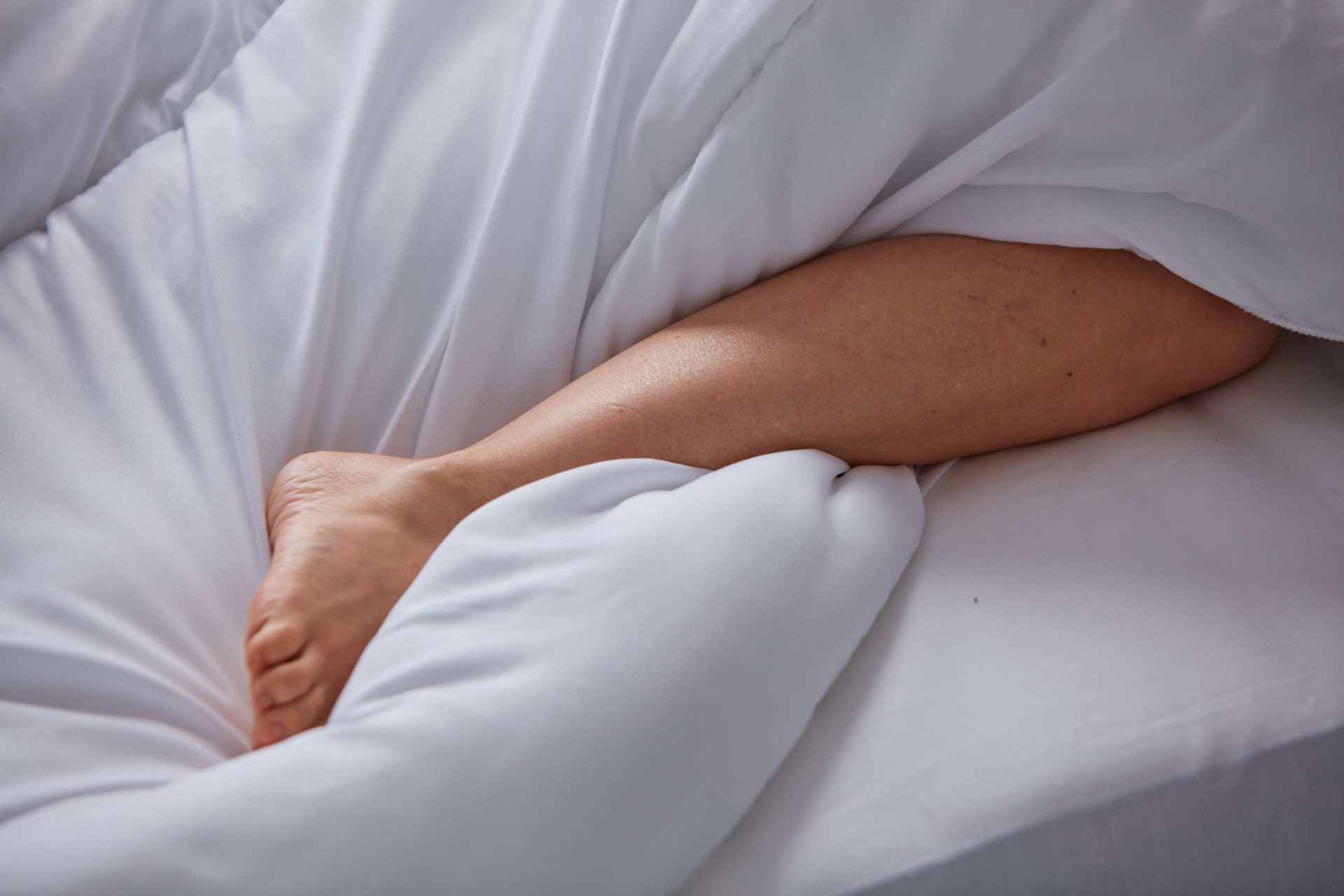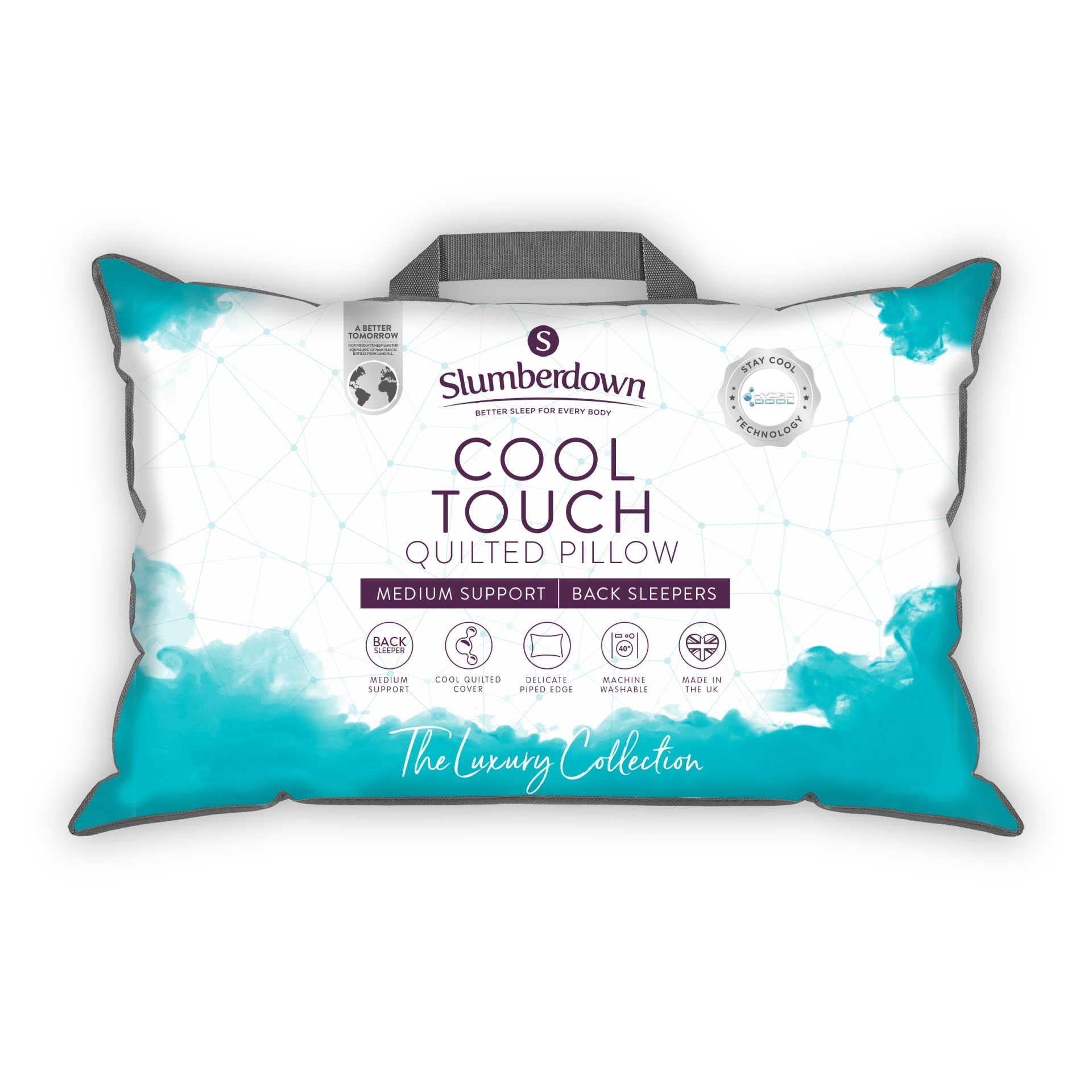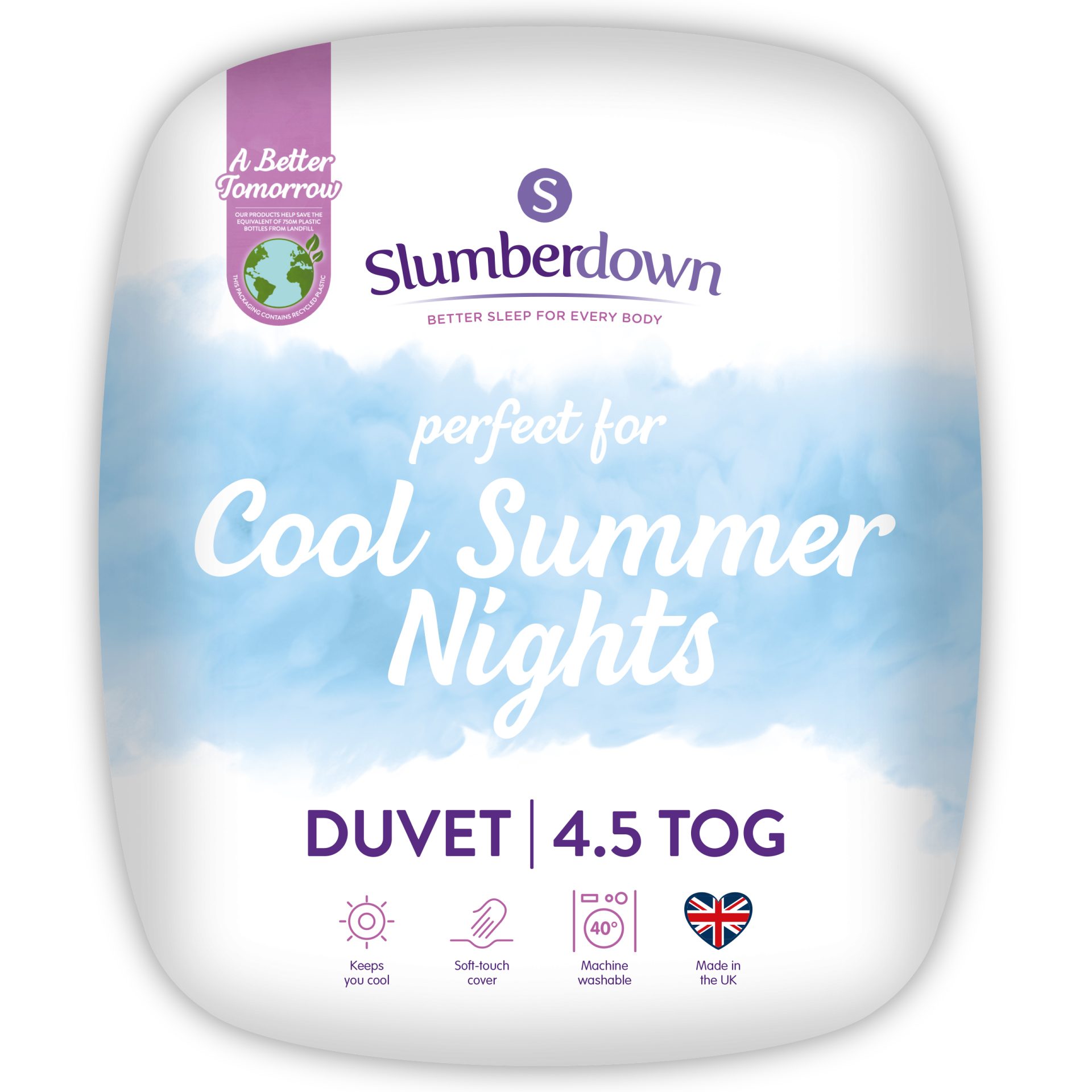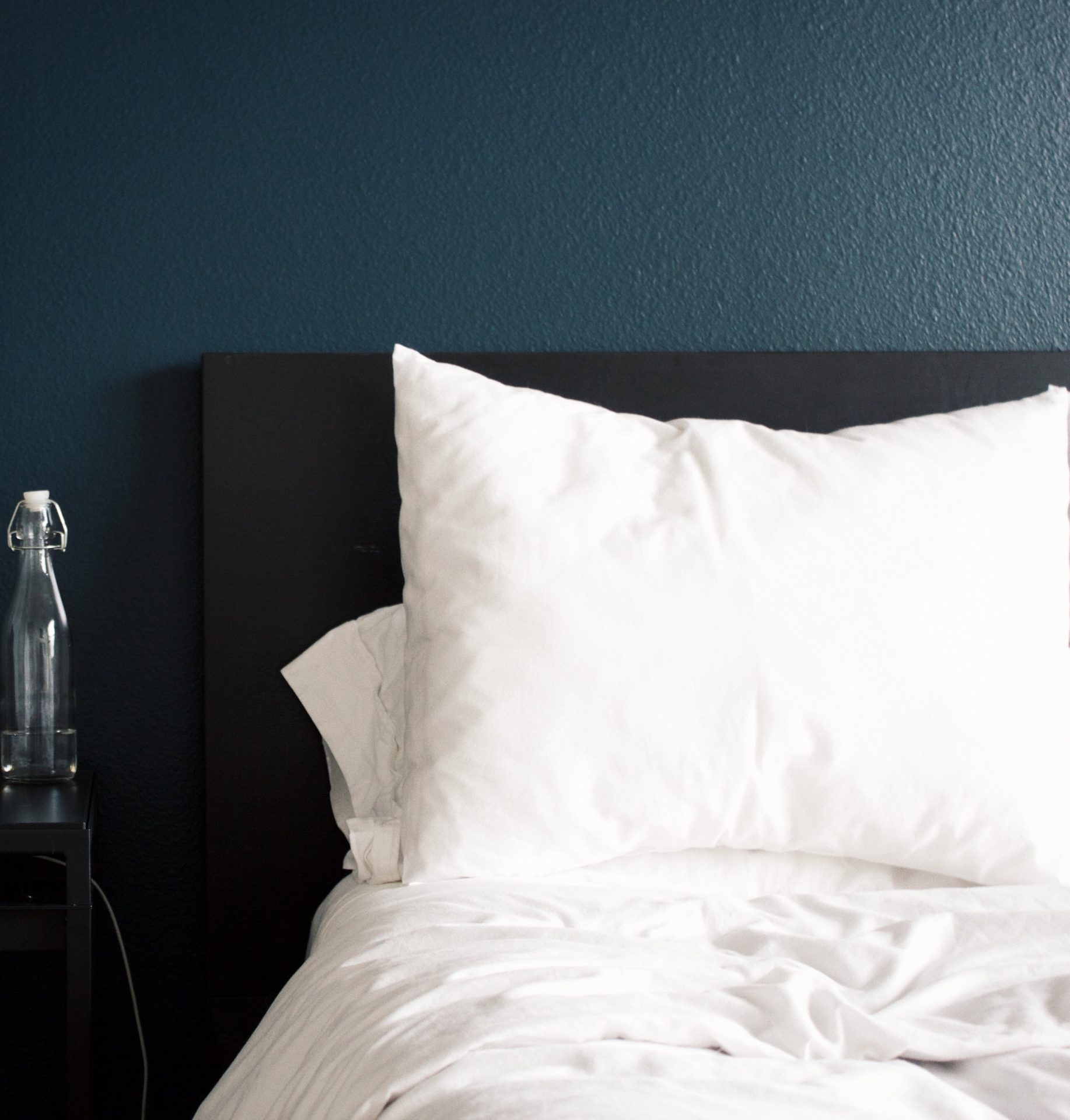While the weather in the UK can be extremely unpredictable, June 1st marks the start of summer; this means more sunshine, warmer weather, increased humidity… and, inevitably, some hot and sweaty nights in bed!
This summer season, integrative psychotherapist and sleep specialist Ruth Anne Adams, Slumberdown’s resident sleep and wellbeing ambassador, is helping the nation learn how to get a good night’s sleep.
Here, Ruth shares her top tips for how to get enough good quality sleep – even when the thermometer is on the up and the nights are shorter and brighter.
“Lighter nights, brighter mornings and warmer temperatures can often lead to a disrupted sleep routine. When we don’t get enough sleep, or that sleep isn’t of a good quality, it can have a real impact on our sleep cycle, and overall wellbeing.
“When we wake up after a restless night’s sleep, we might feel less emotionally resilient, our concentration could suffer, and our stress levels can rise. There are simple steps we can all take to help us to settle into a summer sleep routine that will leave you feeling rested, and better able to appreciate the summer sunshine.
Create a sleep routine that works for you
“In the same way we have a routine when we wake up, we need one when we go to sleep too. Lots of us lead busy lives which might make it difficult to switch our minds off; it is important to create a self-care ritual at bedtime that fits around your schedule – something you can do every night and do so consistently – as that’s key for your sleep routine.
“This could be taking a bath, reading a book, doing relaxation exercises like breath work and meditation, listening to quiet music, stretching, or going for a short walk in the summer evening air. Do something which makes you relax, helps you to drop off, and which you can easily fit into your daily routine.”
Let light be your guide
“Your body loves natural light – the human body has been using light to tell it when to sleep and when to wake up for thousands of years, but this natural wake up method isn’t suitable for the vast majority of us today, with busy lives and schedules to stick to.
“A gentle way to wake up, which you can set to suit your schedule, is to use a wake-up light. These lights gradually get brighter to emulate sunrise offering a more natural start to the day and a more peaceful morning.
“If you can, a short walk of just a few minutes in the morning sunlight can promote better overall sleep wellness too – adding natural light into your daily routine has lots of benefits, particularly for your mental health. The summer weather makes this more doable, offering us the opportunity to get out into natural sunlight more often.
Don’t jump out of bed
“The way you start your day is very important; this is when all your internal systems are switching on and deciding how to function for the day. That means you should avoid waking up at full throttle or jumping out of bed immediately – take ten minutes to set yourself up for the day ahead.
“As soon as you open your eyes, focus on your breathing, taking slow deep breathes in through the nose and out through the mouth. Next, wake up your muscles slowly by stretching from the fingers all the way down to the toes. Finally, set a positive intention for what you want to think and feel in the day; take a few moments to consider the things you’re grateful for and use these thoughts as affirmations to encourage a positive mindset throughout the day.
Make your bedroom your sleep sanctuary – keep it cool!
“With the right bedding, a soothing sleep routine, and a regular wake up regime, you’ll give yourself the best chance of ensuring good quality sleep – even when the temperature’s rising.
“The right bedding can really help you to transition through the change in climate, so your sleep isn’t disturbed. Change to a lighter tog duvet for the warmer months. A 10.5 tog duvet is considered a good all-rounder for the year, whilst a 4.5 tog duvet is perfect for keeping you cooler in the warm summer months.
“If you sleep with a partner whose warmth preferences differ to yours, you could consider a dual tog duvet, offering two halves with different togs for different warmth levels. Or consider a climate control duvet and pillows, made with breathable fibres and designed to carry excess moisture away from your body while you sleep, keeping you cooler.
“There are also pillows and mattress toppers designed specifically to keep you cool in the warmer weather. These are designed to wick away moisture and feel cool to the touch, offering a soothing solution to overheating in bed, and a cooler, more comfortable night’s sleep.
Give your bedroom the attention it deserves
“There is a lot to be said for the traditional spring clean! Decluttering your bedroom has huge benefits for your mental health and feels wonderful when it’s done.
“Set aside some time to clear your space and create a sleep sanctuary that brings the freshness and scents of summer into your home. Plants or fresh flowers can create a calming environment in any bedroom, as can freshly washed pillowcases and bedsheets, or other soothing scents.
“If your duvet and pillows have seen better days, investing in a new set could also help set you up to get the best night’s sleep possible. My work as a wellbeing advisor for Slumberdown has shown me the importance of the role our bedding plays in helping us get a good night’s sleep, so it’s really important we choose the right bedding for us and look after it properly too.
“Don’t hang on to your bedding for years and years as it won’t be doing you any good. Replace your pillows at a minimum of every two years to make sure they offer proper support and lasting comfort. Duvets should be replaced after four years to ensure they’re keeping you cosy.
“When it comes to washing your duvets and pillows, every three to six months should do the trick; this will ensure your sleep sanctuary is clean, calming and comforting. Easy to use and wash regularly, pillow protectors and mattress toppers can offer a simple solution to providing a healthier sleep space.”

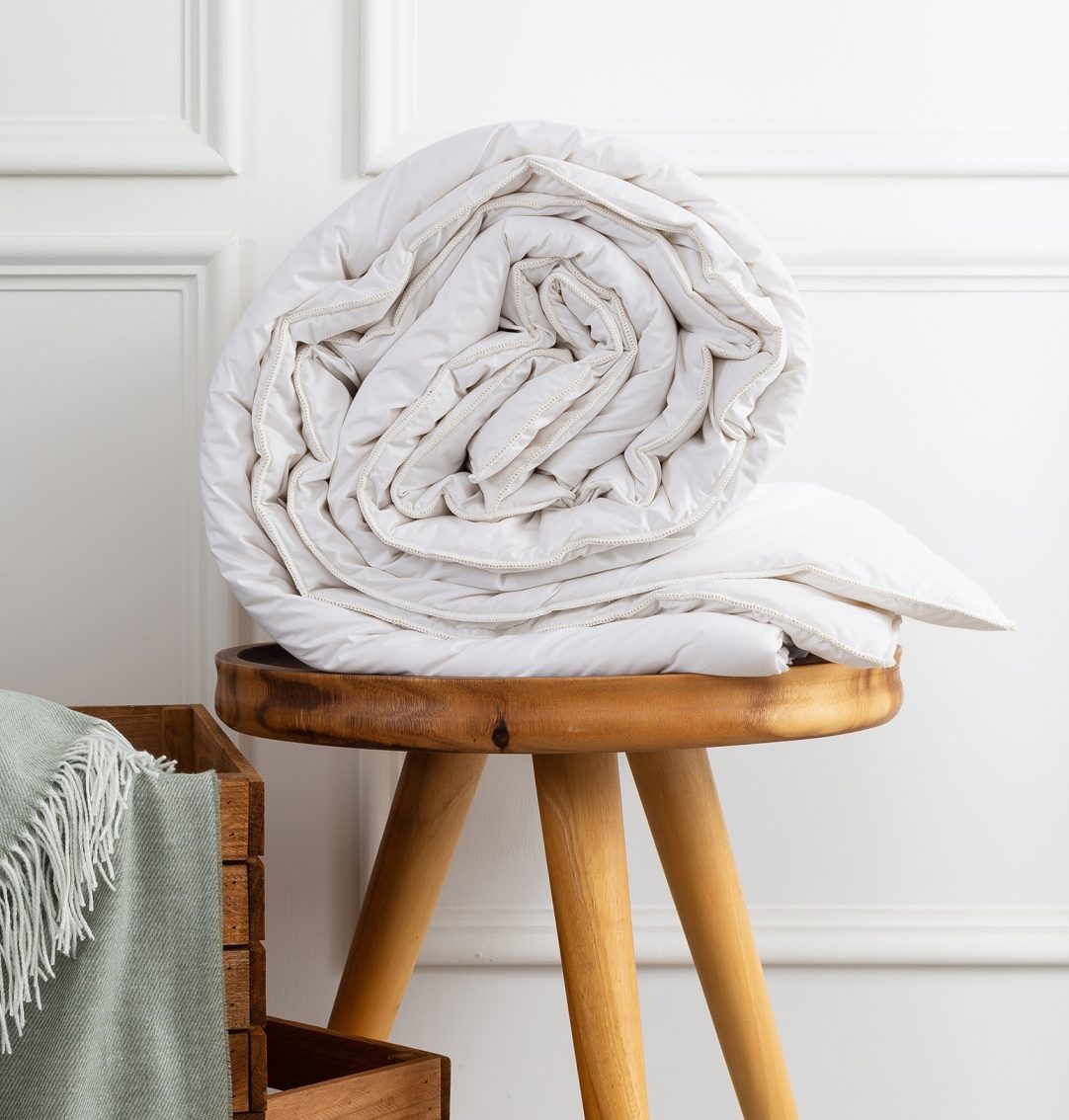

 Ashley Dutton, Sleep Expert
Ashley Dutton, Sleep Expert